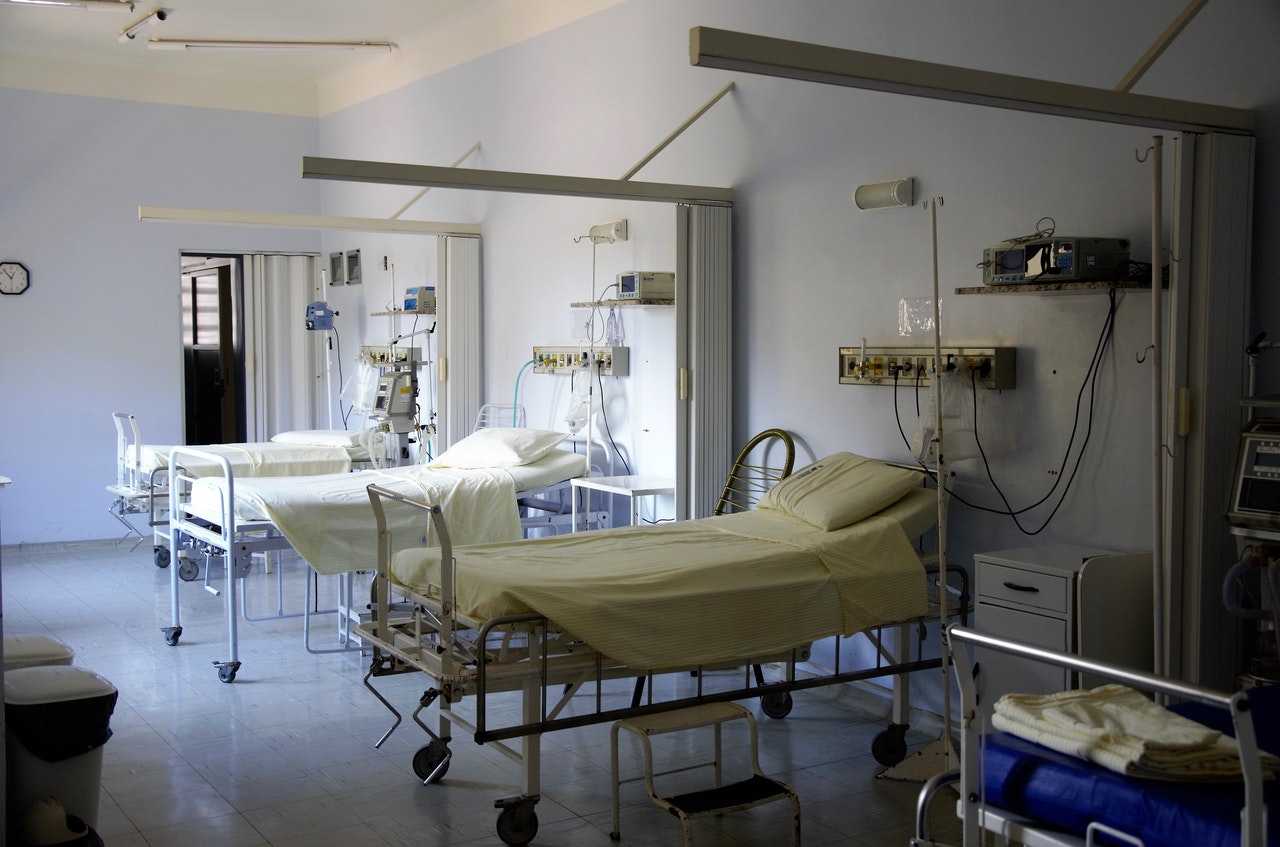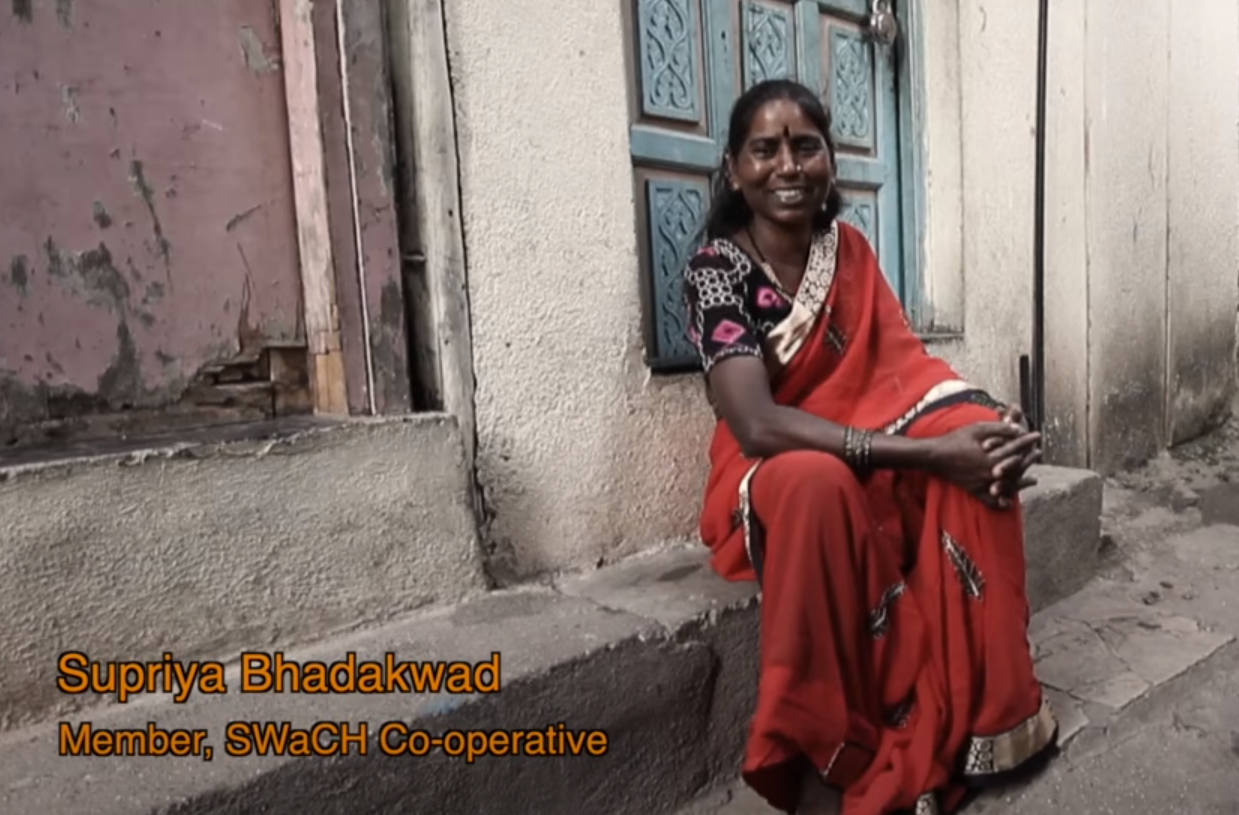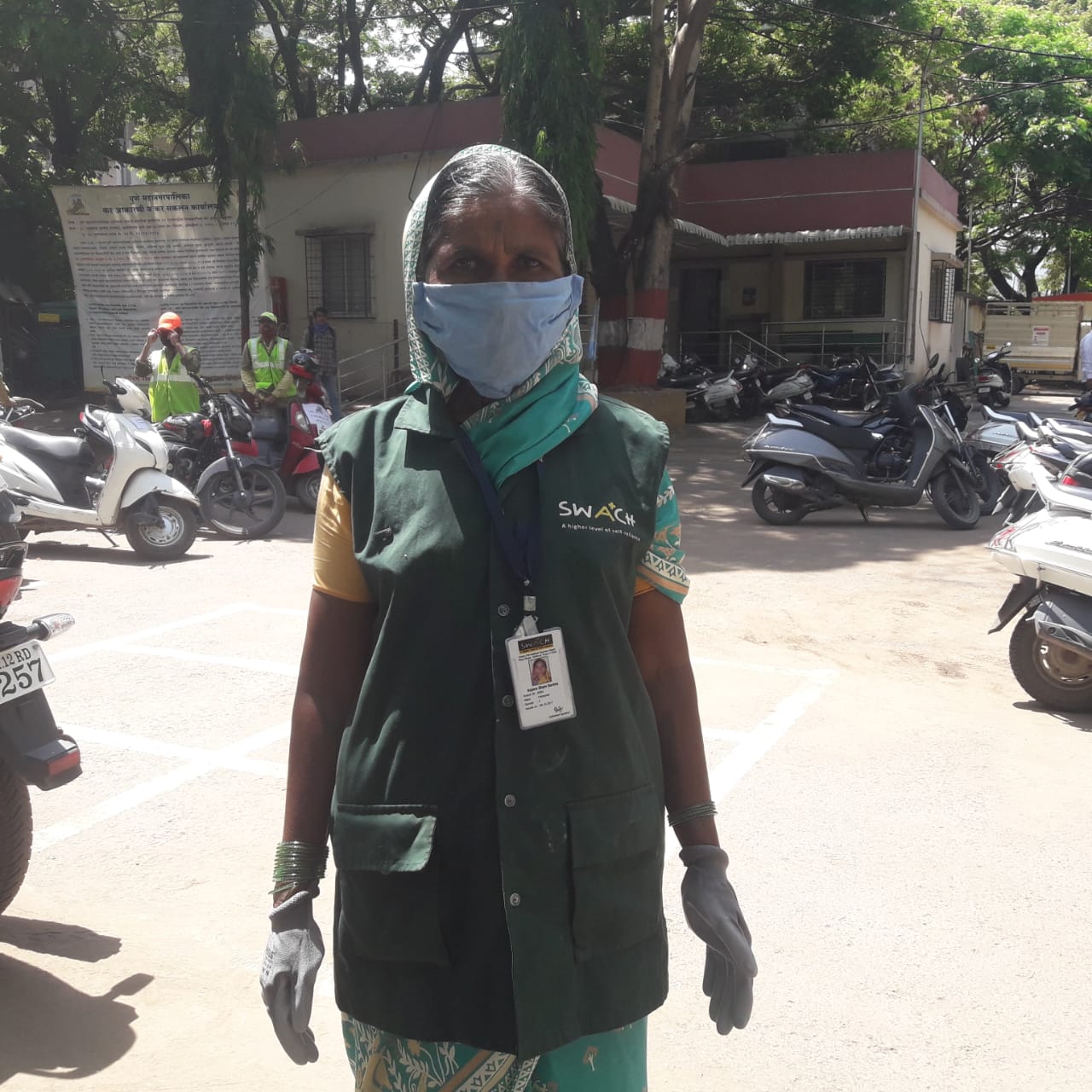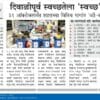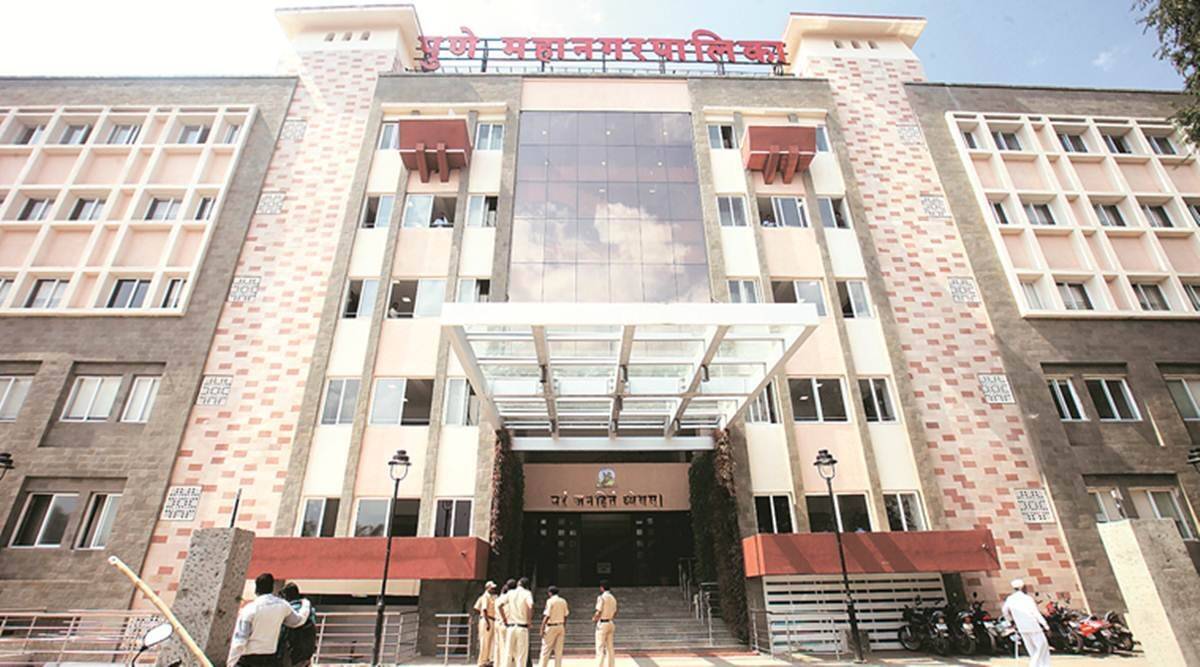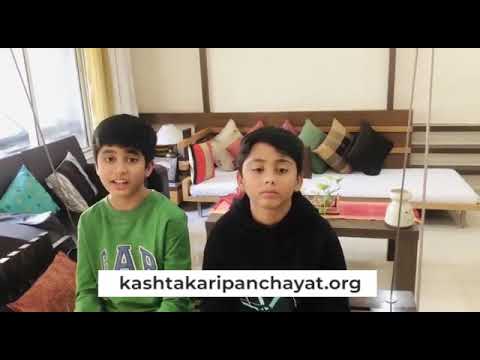As positive cases of COVID-19 climb the charts in Pune, many fear infections but the possibility – indeed the reality of being quarantined has created its own share of anxiety. This is especially true for informal sector workers for whom quarantine means loss of already unsteady income but also not knowing what a quarantine facility might be like for them. In such a situation the death of a loved one just makes things even more unbearable.
Maya Sambhaji Chavan, a hardworking, self-possessed woman who work as a waste picker in the Rasta Peth area of Pune, lost her mother Ranjana Sambhaji Chavan to the COVID-19 pandemic. Ranjana Chavan passed away on the 22nd of April at Sassoon hospital. A PMC sanitation worker, Ranjana was tested because she had fallen ill while on the job and owing to the nature of her work, the family took her to a private hospital at first. Maya narrates, “at the private hospital it became clear very soon that they did not know what to do with her. To our horror they told us she has the virus and asked us to take her away to Sassoon hospital, it was possibly the most harrowing experience of our lives.” Once they took her to hospital Maya and her sister lost all contact with their mother, “we were not allowed to even see her from a distance, let alone visit. Within two days she was gone, all we know is that she tested positive and died from the virus. She was 56 years old and had BP and sugar, but she was otherwise healthy.” The government hospital’s unwillingness to communicate with Maya and her family aside, the very next day Maya and her family were whisked off to a quarantine facility. Maya says with some indignation, “they just came, started rushing us to get packed and ready, sprayed the premises and shifted us to a hostel in Singhad road. I understand very well that this needs to be done, we are not children see? We were reeling from the loss of our mother, far from letting us mourn, they were just hording us. I am not sure if that was really necessary.” At the best of times, people like Maya are vulnerable to discrimination, the COVID-19 pandemic has only served to amplify socio-economic disparities and the vulnerability of the poor. There’s sadness and regret in her voice as Maya says, “we didn’t get to the last rites, the hospital took her body away. I asked if I could at least see her face, they were saying no, but a young lady doctor felt bad for us and showed me her face.”
Mercifully, the quarantine facility didn’t disappoint them. She said, “we were well taken care of, separate rooms for everyone, adequate and good quality food, we can’t complain about that.” When asked if she knew if it was government sponsored or privately operated, she said she wasn’t sure about that. They returned to their home after a stay at the hostel for 14 days. She said they had to stay at home for another 14 days after returning home as there were strict instructions to do so. When asked how they survived this period without work and a steady income, Maya says, “for that I am grateful to SWaCH, they took care of us during this time, the ration and money we received from them really saw us through that time. It would have been difficult otherwise.”
Life is returning to some semblance of normalcy as Maya has returned to work. When asked how she copes with the fear of getting infected having been through the nightmare once, she says without trace of regret or self-pity in her voice, “if I start thinking then I have two young boys to think of. One has just gotten into his third year of B.Com and the younger one is in the 12th standard. I am single mother for all practical purposes. My husband is alive but not with us, so the house runs on what me and my sister earn.” Maya’s courage and fierceness comes not from some fake bravado but a deep sense of responsibility towards her sons’ education, which she completely believes in, and towards society at large. A hardworking SWaCH member, she services 25 societies in the Rasta Peth area of Pune. “This is my work, it supports my family and so many people depend on it, I can’t possibly let so many people down.”

